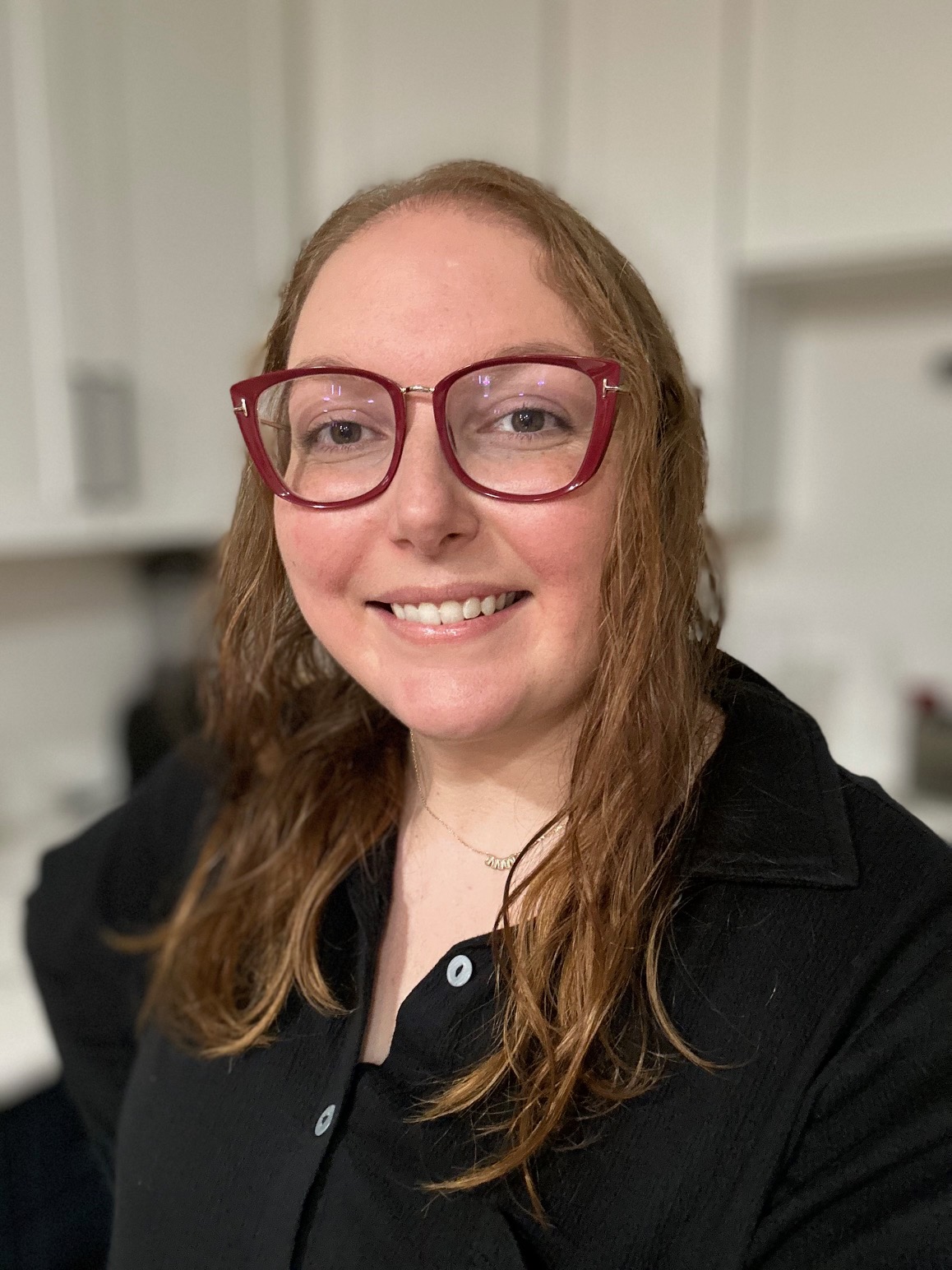Illinois Academy Delegates CornerThe House of Delegates (HOD) serves as a voice of Academy members and identifies and develops solutions to some of the challenges facing the profession (critical issues). You have a voice in the Academy. Delegates are a key connection to the Academy's constituency. The House of Delegates supports and encourages proactive communication and continually seeks member input on issues affecting the profession. The work of the association relies on the contributions of members like you. Volunteer leaders are the mainstay of the organization. Meet Our DelegatesFor questions or concerns contact our Delegates at [email protected]  North Delegate North Delegate
Val Chudzinski, MA, RD, LDN, CNSC
 South Delegate South Delegate
Taylor Aarns, MS, RD, LD
Updated September 2025 |

